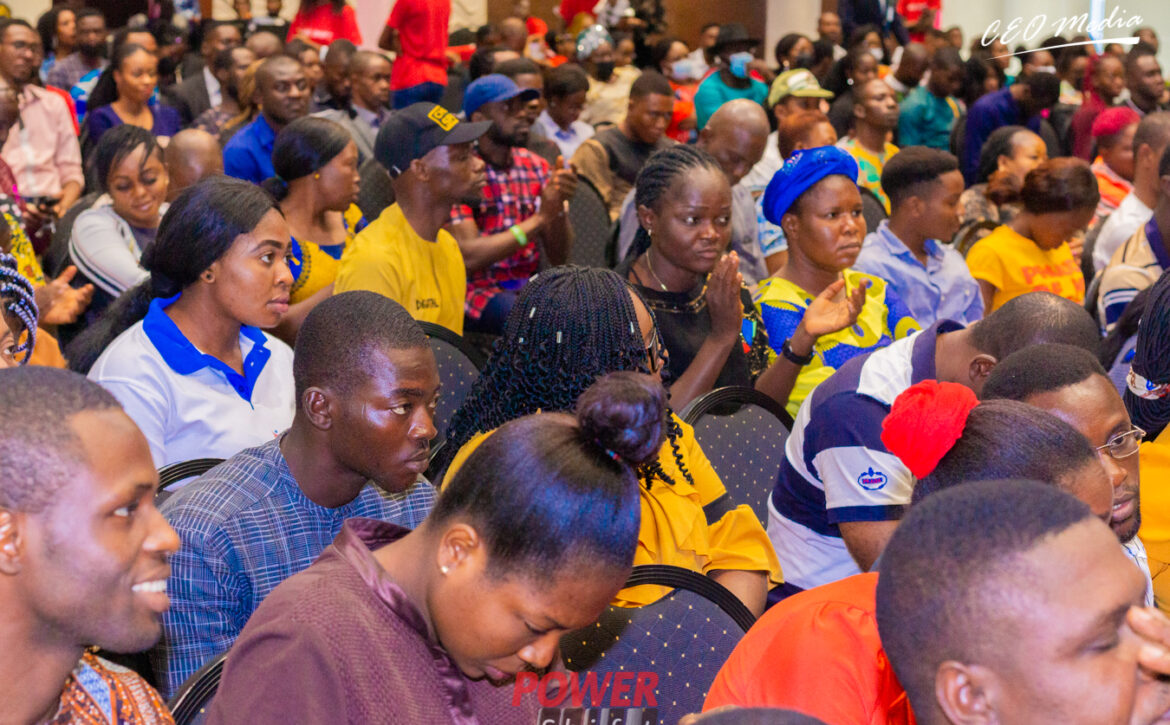Boosting Voter Education and Participation in Nigeria’s Elections
Voter education and participation are fundamental to a healthy democracy. In Nigeria, enhancing these aspects can lead to more informed voting and greater political engagement. This blog provides strategies for boosting voter education and mobilizing participation in Nigerian elections.
- Voter Education Campaigns: Effective voter education campaigns inform citizens about the voting process, candidates, and issues at stake. Campaigns can use various media, including social media, radio, and community events. Providing clear, accessible information helps voters make informed decisions and understand the importance of their participation.
- Registration Drives: Increasing voter registration is crucial for electoral participation. Organizing registration drives in collaboration with local organizations and using mobile registration units can make the process more accessible. Outreach efforts should target underrepresented groups and provide assistance with the registration process.
- Election Monitoring and Advocacy: Citizen involvement in monitoring elections helps ensure fairness and transparency. Training volunteers to observe polling stations and report irregularities can deter fraud and enhance the credibility of the election process. Advocacy efforts should also focus on promoting fair practices and addressing any issues that arise.
- Youth and First-Time Voters: Engaging youth and first-time voters is essential for the future of democracy. Tailored campaigns that address their concerns and use platforms they frequent can boost their participation. Providing educational resources and opportunities for involvement helps them understand their role in the democratic process.
Boosting voter education and participation requires a concerted effort from individuals, organizations, and institutions. By implementing these strategies, Nigerians can contribute to a more informed and active electorate, paving the way for a stronger democracy.



